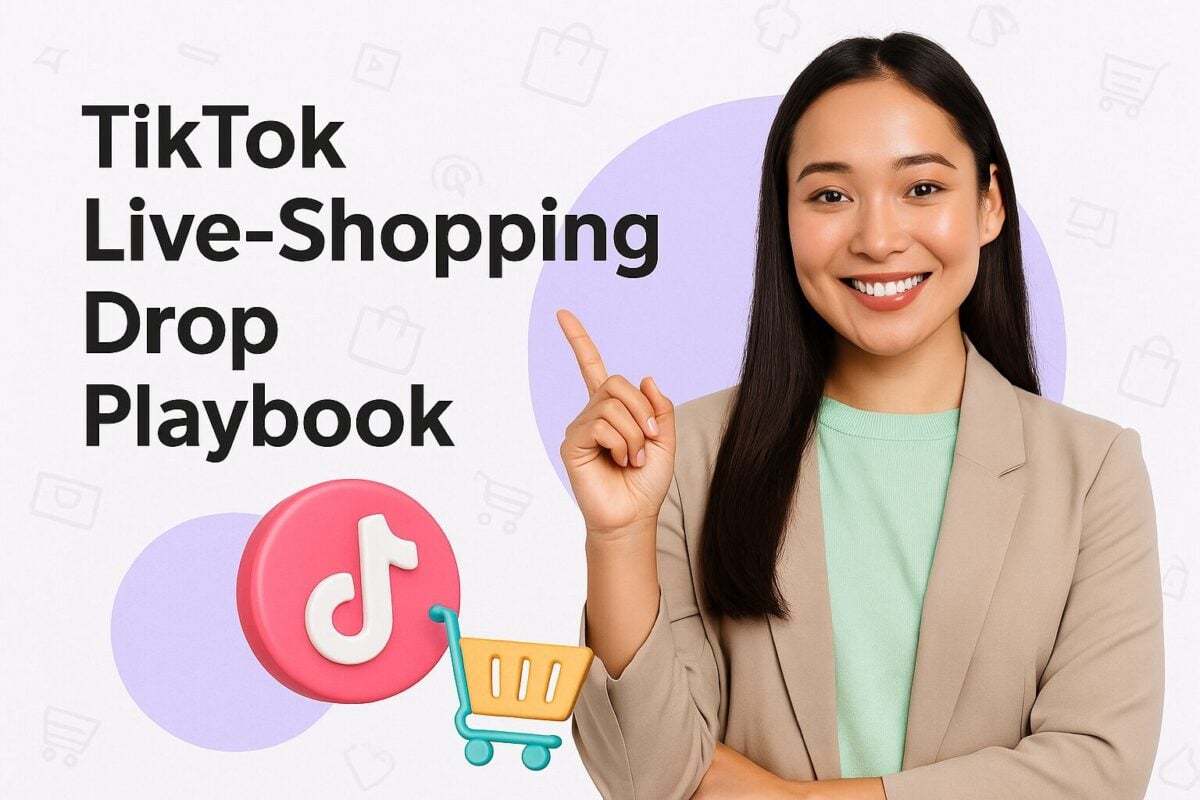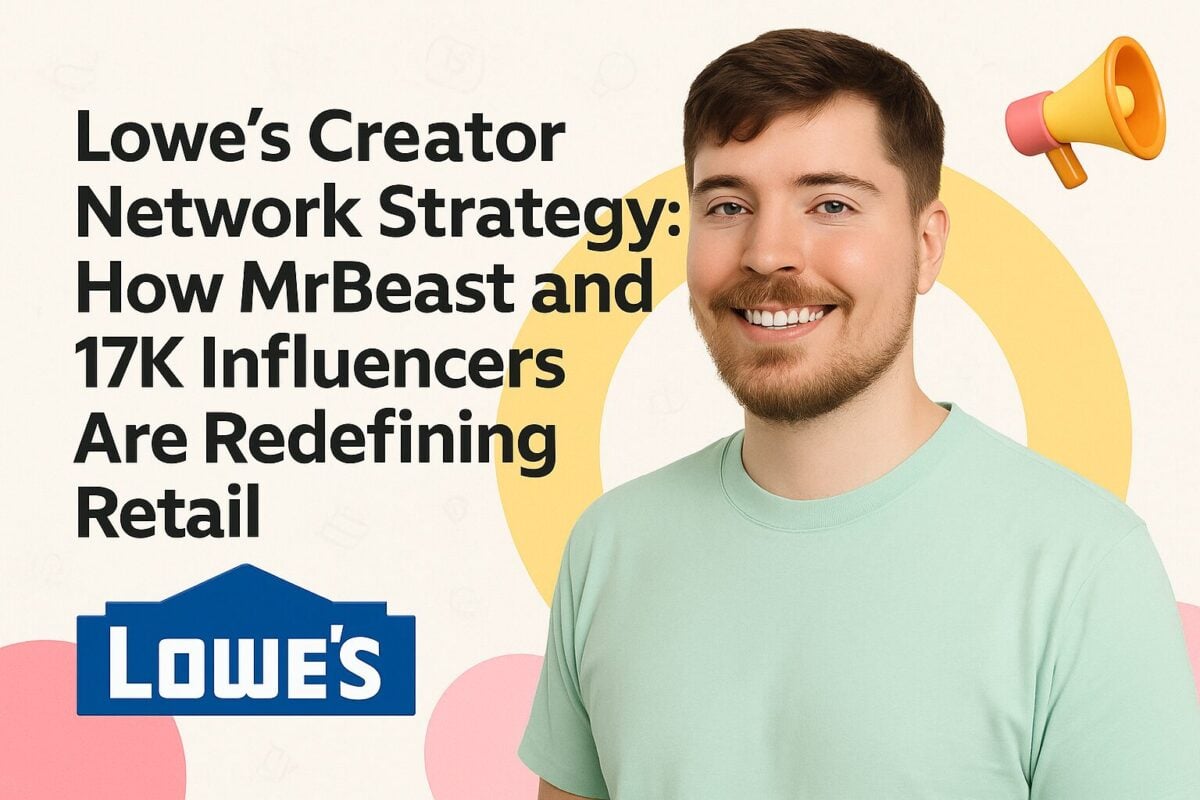Amy Callahan, CCO and Founder of Collective Bias wrote a HuffPost article where she implored people to stop calling the use of celebrities “influencer marketing.” As far as she is concerned, if you choose to use celebrities as part of your marketing that is celebrity endorsement – not influencer marketing. She has a fair point. Influencer marketing is about data and relationships, not celebrity deals.
Influencer marketing is central to helping consumers make good use of their social media channels to work their way through purchasing decisions. It focuses on trusted online experts assisting consumers through the buying process. The emphasis needs to be on the help, not the famous face giving the advice.
Too often in recent years, brands have placed their emphasis on the person who delivers their message. The real focus should be on the advice they provide. Most consumers only build relationships with Influencers online because they respect their knowledge. The average person goes online to solve a problem, and influential people can provide suggestions of ways to solve the problem.
Influencer Marketing is Not All About Celebrities
It is true that influencer marketing grew out of celebrity endorsement. Brands have worked with celebrities for decades to help them hawk their wares. Even Mark Twain endorsed cigars, clothing, shaving accessories, whiskey and railroads in his time. Silent film star, Fatty Arbuckle, endorsed cigarettes.
Arguably, a non-existent celebrity was the most successful influencer marketer of the 1950s. The Marlboro Man influenced smokers to smoke his namesake brand for 40 years. Of course, the Marlboro Man was merely a marketer's creation – a persona of the ideal customer. However, smokers of a time when smoking was the norm, looked up to the macho image of the Marlboro Man. Over the years, the Marlboro Man was portrayed by different models, but he was always the same celebrity influencer.
As we come closer to the modern era, celebrity endorsement widened, and by the 1990s it was widespread. By this point, many celebrities were the face of a brand. The was probably best epitomised by the George Foreman Grill, which will forever be associated with George Foreman’s celebrity name rather than its manufacturer, Spectrum Brands or designer, Michael Boehm.
With the increasing popularity of the internet, it was inevitable that brands would eventually work with their celebrity endorsers online.
The most significant problem with celebrity endorsement, though, is that there is no intrinsic reason why we should trust a celebrity’s word over anybody else’s. Sure, I would take note of David Beckham’s views on the quality of comparative brands of football boots, or his wife’s thoughts on quality music management. But why should I place my trust in their opinions on the quality of anything else?
Influencer marketing is all about trust. And when it comes to establishing authority in a niche, a celebrity can only really claim expertise in his or her field of expertise.
George Foreman did manage to associate his name with healthy cooking. Perhaps people viewed that a boxer had to be fit, and should know how to eat healthily.
Relationships are the Essence of Influencer Marketing
A simplistic view of Influencer marketing is that brands sign contracts and pay influencers to promote their products.
In reality, though, Influencer marketing is so much more than that. For a start, you need to think about the term “influencer.” To be influential, you need to build relationships with people. You can not influence anybody if you have not first nurtured a relationship with them.
Long before a brand becomes part of the equation, an “Influencer” first needs to build up a positive online reputation. He or she has to gain a following. People have to genuinely take an interest in what this person has to say. They have to feel impressed enough to decide to follow that person and hear more of what he or she has to say in the future.
Scott Guthrie spotted the critical reason why people regularly mistake celebrity endorsement for influencer marketing. In his article, Why Celebrity Endorsement is not Influencer Marketing he observed wryly:
“Being popular isn't the same thing as being influential. Mickey Mouse is popular. Katy Perry is popular. But you wouldn't think to turn to Mickey or Katy to influence your decision to buy a new fridge, a new car, or to choose between pension providers.”
Too often, people get spellbound by the famous and hang on to their every utterance. However, if you inspect the situation, it is clear that celebrities are not influencers – apart from the sole area of expertise in which they gained their fame.
How a Genuine Influencer Works
Genuine Influencers will already be speaking to an audience about the subject in which they have a passion. They will use their blogs or social media channels as a mouthpiece – not to bigmouth themselves, but to provide views, help, ideas, tips, and anything else that will widen the knowledge of their followers about the topic of expertise.
A true influencer does not merely talk about a product because they are paid to do so. He will probably have already mentioned it before a brand comes knocking. He will continue to do so after the pay cheques stop.
Genuine Influencers build up valuable relationships with their followers because they speak with an authentic passion for their topic. As a result, these followers return on a regular basis, so that they can learn more.
If a brand wants to undertake genuine Influencer marketing, they will have to loosen up on creative control. Influencers speak in their own voice. It becomes obvious if an Influencer releases content that they are not contributed to; if they talk in somebody else’s voice.
Data is a Key Part of Influencer Marketing
Traditional organic Influencer marketing can be a long and tortuous process. To a large extent, it is a game of hope. We have supplied a few shortcuts in our Ultimate Step by Step Guide to Reach Out to Influencers, but it is still hard work.
The main reason for this is that you have to go through the Influencer marketing selection and wooing process yourself. You have to wade through screeds of data to find the people in your topic who provide the most influence online.
Both platforms and agencies make the Influencer selection part of the process easier. The platforms bring together much of the influencer marketing data necessary for influencer selection.
Agencies either use the platforms on the brands’ behalf or undertake the research themselves. Either way, an agency client does not have to worry about going through the entire influencer wooing and selection phase The agency provides necessary data and usually analyzes it for their clients too.
Of course, even agency and platform clients still end up having to build relationships with Influencers. The last thing that an influencer wants to do is to lose their cherished influencer status. If they come across as inauthentic to their followers, they rapidly begin to lose credibility.
The platforms and agencies do at least provide the data that can guide conversations between the brands and the Influencers.
When you look at individual Influencers, you can see an incredible about of data about them across their full range of social platforms. You can find data relating to
- Strategies
- Performances of the different social networks for different types of products and Influencers
- The kind of influencer best suited to a particular brand – micro-influencer, mega-influencer, or celebrity
- The kinds of stories that resonate with specific audiences
- The types of brands that specific Influencers like
- The times of the day that have been most successful for particular kinds of posts
Brands need to be prepared to undertake experiments. Even if you work with experienced influencers via an agency, it does not necessarily mean that an individual influencer will be perfect for a particular brand. Brands need to be prepared to give a campaign time to bed in and then analyze the stats. If it works, continue with the campaign. If not, change your campaign.
Data is Also Essential For Determining Campaign Successes
Of course, the key reason that you would focus on influencer marketing data is to determine the success of any given campaign.
This can be a particular issue for celebrity campaigns. It is easy for a brand to focus on the vanity metric of obtaining a specific famous name to work with them. Whereas they really should be more concerned with the data depicting the bottom line. If you paid $250,000 to obtain the services of a celebrity, how many extra sales did the campaign generate?
Any influencer campaign generates a vast variety of data. Apart from secondary stats like influencer followers, each post can add to a campaign’s data collection. This includes stats relating to impressions, likes, shares, pins, retweets, and the like.
Of course, you have to be careful with statistics. Anybody can quote impressive sounding stats for followers and impressions. People can buy followers, and impressions can be targeted at the wrong audience for a brand. You need to be able to mesh all of the data together to determine whether a campaign is a success.
Conclusion
It does not take long for most brands to learn that the success of influencer marketing does not come from a celebrity endorsement. There are a few exceptions – generally more significant brands with wide-ranging target audiences. However, most firms do not have potential clientele who will rely upon celebrity factor in their decision making.
The most successful influencer marketing arrangements often occur with fussy, sometimes tricky influencers. The reason for this is that they are not merely there for the money. They have built up an audience, and they value their followers’ attention as much as their audience appreciates their posts and videos. These influencers will not risk alienating their followers by promoting anything that they would not use themselves.
If one of these genuine influencers agrees to work with you to promote your product to their followers, you know that like your product. You won’t have the same level of control as you would with a celebrity, but you will be working with somebody exuding genuine influence.
This does mean that you need to be careful that you do not focus too much on the data. It is likely that ideal influencers will still support your brand well after any official campaign is over. You will probably be making sales from your campaign well after it is clear from any statistics you collect.



